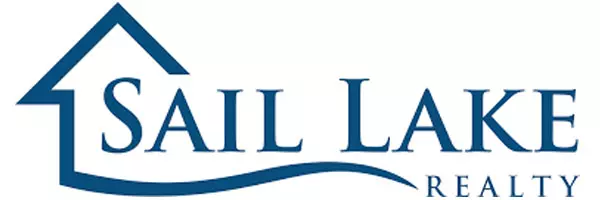Real Estate Investment Jargon Demystified: A Beginner's Guide

Embarking on the journey of real estate investment can be exciting yet daunting, especially when faced with a barrage of unfamiliar terminology. From cap rates to equity, the world of real estate investment comes with its own unique jargon. In this blog, we'll simplify the complex terminology and demystify key concepts, offering a beginner's guide to help you navigate the realm of real estate investment with confidence.
-
Cap Rate (Capitalization Rate):
Cap rate is a fundamental metric used to assess the potential return on an investment property. It's calculated by dividing the property's net operating income (NOI) by its purchase price. A higher cap rate indicates a potentially better return, while a lower cap rate may suggest a safer, more stable investment.
-
Cash Flow:
Cash flow refers to the amount of money that remains after deducting all expenses from the rental income generated by an investment property. Positive cash flow means your property generates more income than it costs to maintain, while negative cash flow indicates that expenses exceed income.
-
Equity:
Equity is the difference between the current market value of a property and the amount of mortgage debt remaining. As you pay down your mortgage and your property appreciates in value, your equity increases. Equity can be leveraged for future investments or used to improve your financial position.
-
Appreciation:
Appreciation refers to the increase in the value of a property over time. It can be influenced by factors such as market demand, improvements to the property, and overall economic conditions. Positive appreciation can contribute to your overall return on investment.
-
ROI (Return on Investment):
ROI is a metric that measures the profitability of an investment relative to its cost. In real estate, ROI considers factors like rental income, appreciation, and expenses. It helps investors assess the efficiency and effectiveness of their investment.
-
Leverage:
Leverage involves using borrowed money (typically a mortgage) to invest in real estate. It allows you to control a property at a fraction of its total cost. While leverage can amplify gains, it also increases risks, as losses are also magnified.
Conclusion:
Navigating the world of real estate investment jargon doesn't have to be overwhelming. By understanding key concepts like cap rate, cash flow, equity, appreciation, ROI, and leverage, you'll be better equipped to make informed decisions as a beginner investor. This guide serves as your introduction to the language of real estate investment, helping you demystify complex terminology and take your first steps with confidence. Remember, building your knowledge and familiarity with these terms will empower you to navigate the world of real estate investment with a clearer perspective and a stronger foundation.
Categories
- All Blogs (781)
- Buyer's Market (9)
- Cash Flow (2)
- Design and Maintenance (42)
- Featured Listings (6)
- First-Time Home Buyers (39)
- Holidays (5)
- Home For Sale (7)
- Home Loans (3)
- Home Pricing (3)
- Home Showing (2)
- Homeowners (24)
- Investment Properties (9)
- Market Update (10)
- Mortgages (9)
- Real Estate Fun Facts (12)
- Real Estate Investors (22)
- Real Estate Marketing (13)
- Seller's Market (4)
- Selling Your Home (20)
- Sold Homes (12)
- South Jersey Updates (26)
- This Weekend Happenings (28)
- Tips For Home Buyers (17)
Recent Posts

![Builders Are Building Smaller Homes [INFOGRAPHIC]](https://img.chime.me/image/fs/chimeblog/20240504/16/w600_original_39aacbf5-2468-464c-acda-b86e3e29eff4-png.webp)








GET MORE INFORMATION

